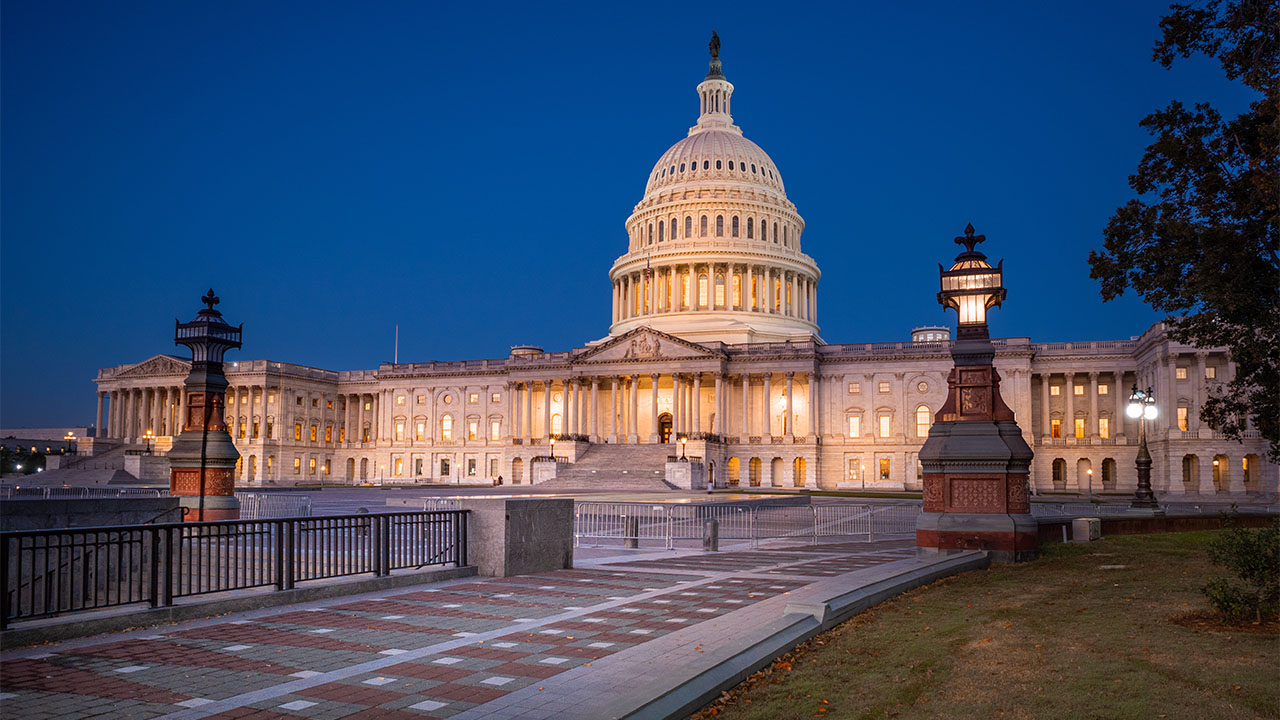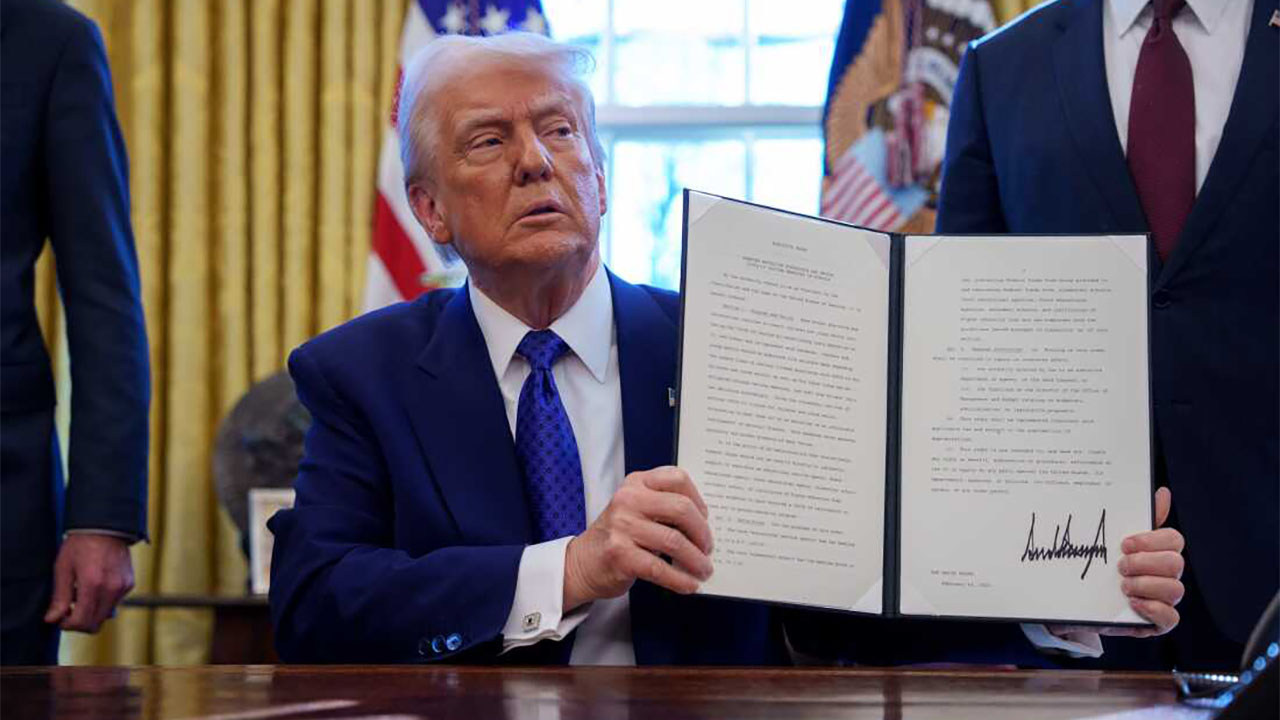This week at Emirates Old Trafford, Downtown in Business hosted its Business of Sport Conference, where leading names in the region’s sports industry spoke about the opportunities and challenges ahead.
Being based in the US, I was unable to join in-person, but I read the coverage, the social media feeds, and watched a few short videos.
Key themes emerged – Investment, Brand and Media.
Those concerns and opportunities are universal, but I’d add a fourth – Gambling.
Here in America, this weekend sees the return of NFL – the biggest sports league in the world.
Yes, I know, popular wisdom says the English Premier League is the biggest, it talks of global reach and fan base, but the awkward truth is the NFL has more games with higher viewership and the Superbowl is still the granddaddy of any regular league fixture worldwide.
But as much as the US celebrates being #1, staying there is important too. Gambling may be the way to achieve that.
I’ve written here before about how gambling sponsors and commercial partnerships are all-pervasive in English and European football, and how shirt sponsorships, ‘in-ground but visible on-camera’ hoardings, and club-provided social media content have afforded betting sites and firms a regulatory ’workaround’ to reach potential gamblers at home and in far-flung markets like China and South Korea.
The US, other than Nevada’s Las Vegas and Reno, have always been a bit more prudish about a flutter and the NFL was strictly a sports gambling ‘no-go’ zone. But, as of 2018, those restraints have started to loosen and now 34 states and the District of Columbia are taking a punt on the game this weekend.
As a tax raising enterprise this makes understandable economic sense for many cash strapped states. If you have a huge population and storied sports franchises, where legions of fans are willing to put their money where their mouth is, then sports book betting is a welcomed arrival.
New York, Illinois, Ohio have all signed up, California and Florida are considering their next move.
While each state is at liberty to introduce its own rules within a federal framework, most have adopted the Las Vegas sports book model. They have a mix of ‘concrete’ betting facilities – places where you can lay a bet in person – reminiscent of the old Ladbrokes and William Hill shops in every UK high street with their frosted windows to protect the anonymity of the punters inside, and, recognizing the onward march of technology, new mobile on-line betting through an app.
Nothing new to UK sports gamblers like you and I, but pretty revolutionary across the pond.
The language of betting is a bit different here too. A ‘single game’ bet is the most popular – a wager on who will win the game. Sports books offer a ‘parlay’ bet which is a number of bets across a number of fixtures where you multiply the odds by trying to forecast multiple winners. And finally, ‘Props’ where you can bet on a player or a team or across a period of time whether the score will be under or over what the Sports book offers – touchdowns, field goals, points, yards rushed – any statistic works.
But what is perhaps most exciting, and most likely to impact the game and sports consumption, is the introduction of live ‘in game’ betting. Previously, like in horse racing, you had to get your wager on before the event began. Soon as the ball was kicked – ‘No More Bets’.
Now, like their British and European counterpart, the US fan can wager on almost any combination of events during the fixture. And via the mobile app, they can do so at the ground, from the comfort of the sofa, or even their neighbourhood noisy, raucous sports bar.
This move, I hazard, will usher in a bigger change – the way sports are going to be broadcast.
With ‘online gambling’ and ‘in-game gambling’ likely to be the most prevalent ways to have a flutter, broadcasters are already thinking about how to provide information to these new audiences.
Disney, long an opponent of casinos and gambling – largely to protect its theme park businesses – has had a remarkable about-face and announced a few weeks back that it is partnering with Penn Entertainments to rebrand their laddish BarStools Sportsbook as ESPN Bet.
While ESPN is still a cash cow for Disney, it produces huge revenues through the pay-per-view model, cable cutting continues at pace and homes with access to ESPN has shrunk to under 70million this year.
So, ESPN Bet makes sense.
While smaller than the two leading US Sports Books, FanDuel and DraftKings, it is licensed to operate in 16 states, and with the market leading sports broadcaster’s name and brand appeal harnessed, is surely looking at explosive growth.
To give some indication of how quickly sports gambling is growing in the US, in 2019, $13billion of bets were placed on sports with sports books taking $909million in revenue. Three years later, $93billion was legally bet on sports and Sportsbooks bagged $7.5billion in revenue.
You can make your own forecasts about how having sports book betting around NFL and through ESPN will turbo boost those numbers over the next three years.
British readers will see the alignment with what Sky Sports has achieved with SkyBet, but there is a cautionary tale here in the US where Fox Sports tried the same thing with Fox Bet, but is pulling down the shutters after a failed, money-losing, four-year experiment.
How ESPN incorporates betting and gambling into the broadcast of sports will be watched with great interest. The channel already has a show called The Daily Wager, which serves as a tipster’s guide to the day’s sports betting – horse racing, UFC, college football, basketball, hockey, whatever.
Where and how to watch NFL this season will be a different experience too. NBC, Fox, CBS, ESPN/ABC and Amazon will all broadcast some games this year. As well as all these broadcasters’ streaming services, NFL’s own app and YouTube TV will stream some games.
Amazon already has exclusive rights to Thursday Night Football, and ESPN has picked up the majority of Monday Night football games, and that is where they may start to include gambling updates, stats which help punters pick a bet, alongside the commentary and co-host dialogue.
ESPN also know that the NFL watcher of the future will be via the streaming service on their mobile devices, so in-game gambling options there will be a huge revenue opportunity to be captured.
While the economics of this all look healthy, concern is being expressed over the role players may hold. The NFL has repeatedly in the last few weeks issued guidance to its players about what they can’t do – bet, share inside information, play daily Fantasy Football games, physically enter a Sportsbook during the NFL season.
I expect lots of scandals this season because many of the big-name players’ lifestyles brings them dangerously close to the edge of these rules – pool parties in Vegas hotels, huge entourages, social media chatter – it’s easy to see where it goes wrong.
And there will of course be the concern about problem gambling. Making it easier to lose the rent or utilities money will always be a stick gambling sites and their partners will be hit with, so the promotion to, data security and verification of online gamblers and in game gambling will be something the firms have to get right from ‘the-get-go’, rather than reverse into it after something catastrophic occurs.
As a sports watcher, a fan of a flutter, and a lover of sports media, business and marketing – this season promises to be extra special.
Now if only my beloved underperforming NY Jets were worth a wager!














